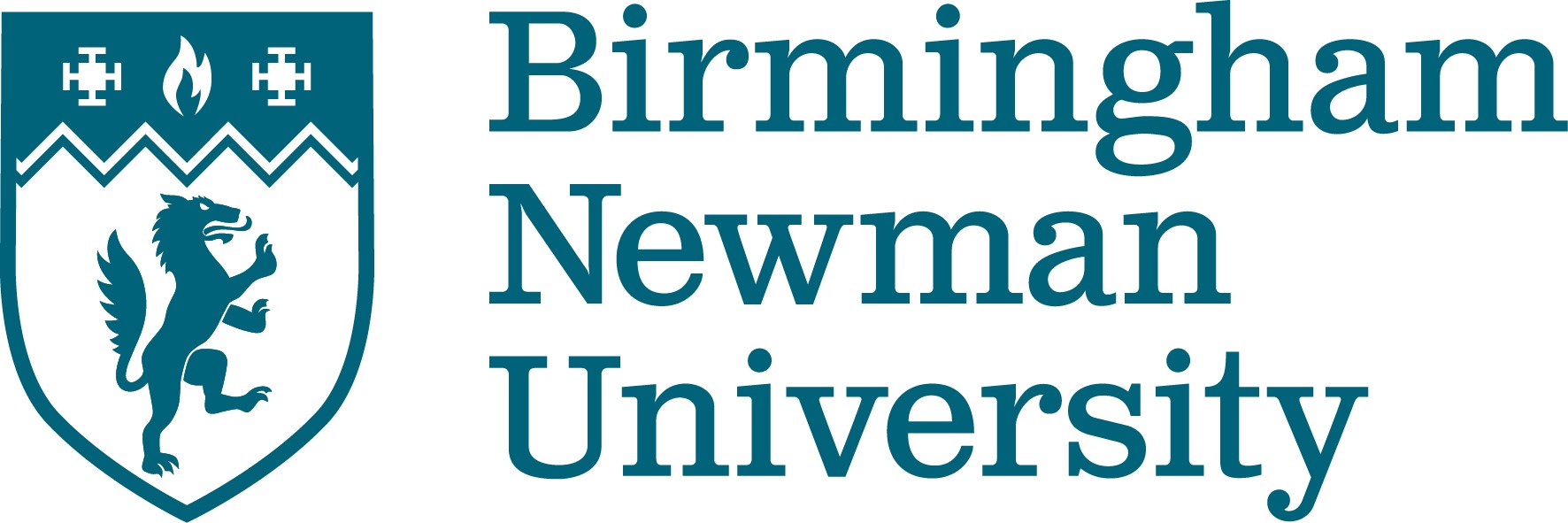Losing Oneself: Tutorial Innovations as potential drivers of extrinsic motivation and poor wellbeing in university students.
Peters, John and Tymms, Mark (2020) Losing Oneself: Tutorial Innovations as potential drivers of extrinsic motivation and poor wellbeing in university students. Pastoral Care in Education, 38 (1). pp. 42-63. ISSN 0264-3944
|
Text
NU0107.pdf - Accepted Version Available under License Creative Commons Attribution Non-commercial No Derivatives. Download (929kB) | Preview |
Abstract
The aim of this study was to examine the impact of an educational innovation, here Personal Development Planning (PDP), on student attitudes to learning when located within tutorial processes across a range of departmental and institutional settings at a single UK university. Departments were purposively chosen in accordance with Clegg & Bradley’s (2006) conceptualizations of PDP as relating to the type of development being sought from their students, here framed as employment, academic or professional. Drawing on a Sartrean Existential ontology and Self-Determination Theory, interviews with staff and students were analysed using Giorgio’s (1975) existential phenomenological method in order to explore the relationship between PDP, the tutor process and their impact on the intrinsic motivation of students. The study found that the presence of PDP within the tutor systems explored commonly alienated students from the tutor/tutee process. External or structural requirements too often replaced student need and with that the relevance of the tutor process was diminished. The study also found that the projection of lecturer identities and expectations were reinforced through the introduction of PDP to tutor support systems, and that due to perceived incongruences between individual students and the characteristics held by those lecturers as academic and professional exemplars the perceived significance of tutoring was still further reduced. The conclusion was reached that the application of external outcomes to the tutor process reduced student autonomy, competence and relatedness and subsequently produced anxiety in many students through a perceived inability to act in accordance with those external demands.
| Item Type: | Article |
|---|---|
| Additional Information: | This is an Accepted Manuscript of an article published by Taylor & Francis Group in Pastoral Care in Education on 17/01/2020, available online: http://www.tandfonline.com/10.1080/02643944.2020.1713871 |
| Divisions: | Faculty of Education > Department of Education, Multi-professional Practice and Early Childhood |
| Depositing User: | Ms Hazel Barham |
| Date Deposited: | 16 Jan 2020 16:26 |
| Last Modified: | 09 Jan 2025 15:23 |
| URI: | https://newman.repository.guildhe.ac.uk/id/eprint/17277 |
Actions (login required)
 |
Edit Item |

